King to promote working royals
King Charles wishes to amend the law to prevent non-working royals from stepping in to perform official duties on his behalf, it has been reported.
King Charles wishes to amend the law to prevent non-working royals from stepping in to perform official duties on his behalf, it has been reported.
The move to change who can become counsellors of state would relieve Prince Andrew, Prince Harry and Princess Beatrice of their ability to represent the King.
Under the 1937 Regency Act passed by George VI, only the spouse of the sovereign and the next four in line to the throne — who are over the age of 21 — can act as counsellors of state.
They are authorised to carry out “most of the official duties of the Sovereign”, according to the royal family’s website. These include attending privy council meetings, signing routine documents and receiving the credentials of new ambassadors to the UK.
However, there are core constitutional functions that may not be delegated, such as Commonwealth matters, the creation of peers, appointing a prime minister and dissolving parliament, unless on the express instruction of the monarch.
During Queen Elizabeth’s reign the roles were filled by the Prince of Wales, the Duke of Cambridge, the Duke of Sussex and the Duke of York. Prince Philip, Her Majesty’s husband, also acted as a counsellor.
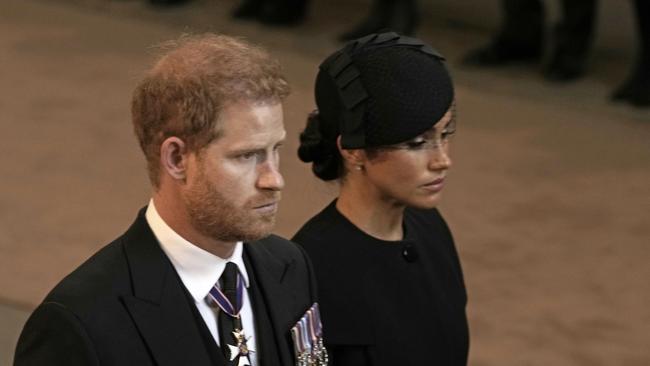
With a new monarch on the throne, the line of succession has changed.
This means Camilla, now the Queen Consort, and the King’s niece, Princess Beatrice, the next adult in line, can act as counsellors of state.
Since Prince Harry moved to the United States and Prince Andrew was embroiled in a sexual assault scandal, Buckingham Palace has faced pressure to relieve them of their roles.
Andrew, who is now eighth in line to the throne, has been in the role since 1981 when he turned 21. Concerns have been raised that the duke, who has been heavily criticised over his relationship with the paedophile financier Jeffrey Epstein, was resuming royal duties despite his prominent fall from grace.
The palace has been urged to install working members of the family in their places.
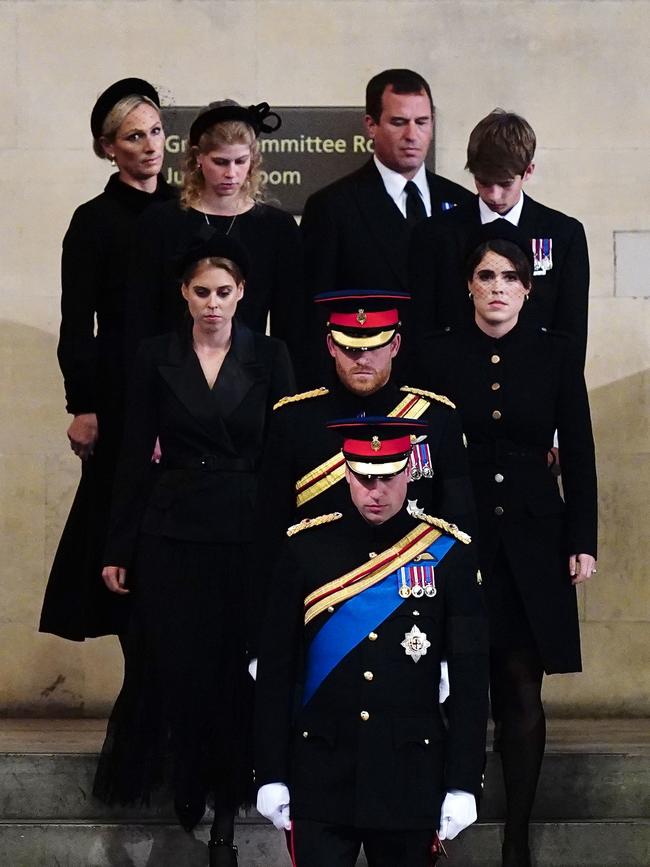
The King recognises the absurdity having three non-working Royals able to step in if he is abroad or incapacitated, according to the Daily Telegraph, which learnt of the plans. Instead, the Earl of Wessex and the Princess Royal could be made counsellors of state. Counsellors of state were rarely called upon during the 70-year reign of Queen Elizabeth, who was revered for her uncompromising commitment to her duties. However, it was not unprecedented, particularly during the final months of her life when her frailty led to her missing some events. When he was a prince, Charles III and his son William were deployed to deputise for the Queen at the state opening of parliament in May. Two counsellors were required in order for it to be constitutionally legitimate.
Should Charles move to make legislative changes, these would have to be enacted by the Houses of Parliament.
Parliamentarians have changed the Regency Act before after receiving a formal “message from the Queen” asking MPs to consider making amendments. In 1953, the year she was crowned, she asked for a provision to be included stating that if the Queen were to die before her heir turned 18, Prince Philip would have become Regent.
A new Regency Act including the amendments were laid in parliament by Sir David Maxwell Fyfe, then home secretary. Approval from Commonwealth countries was also needed.

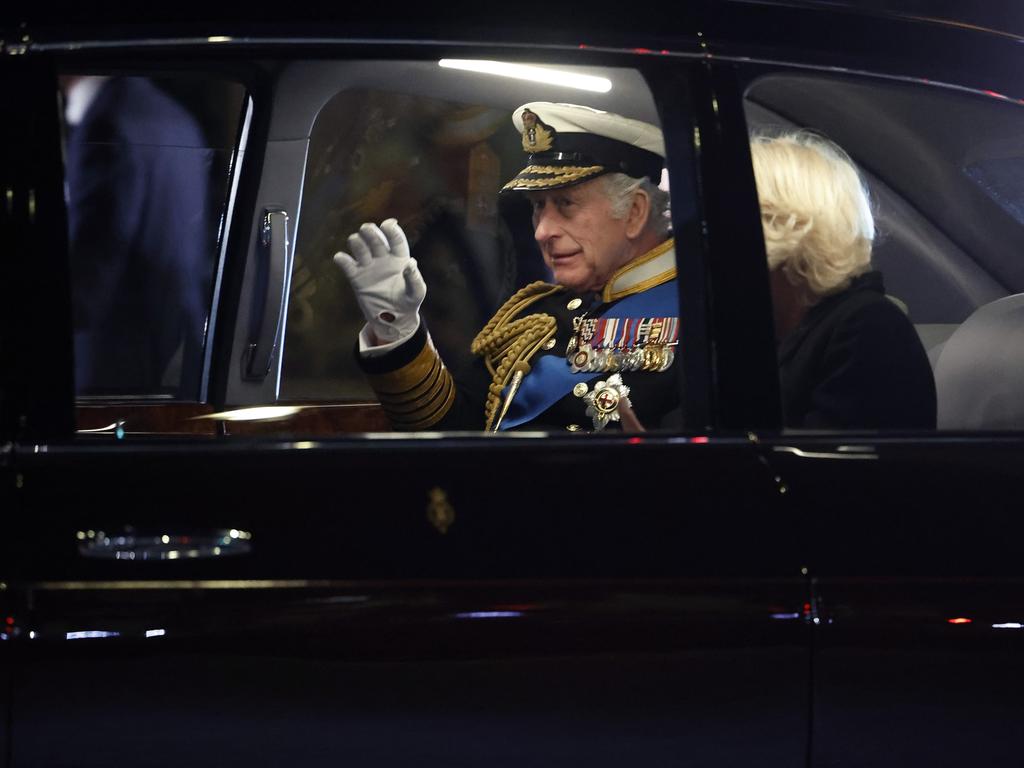
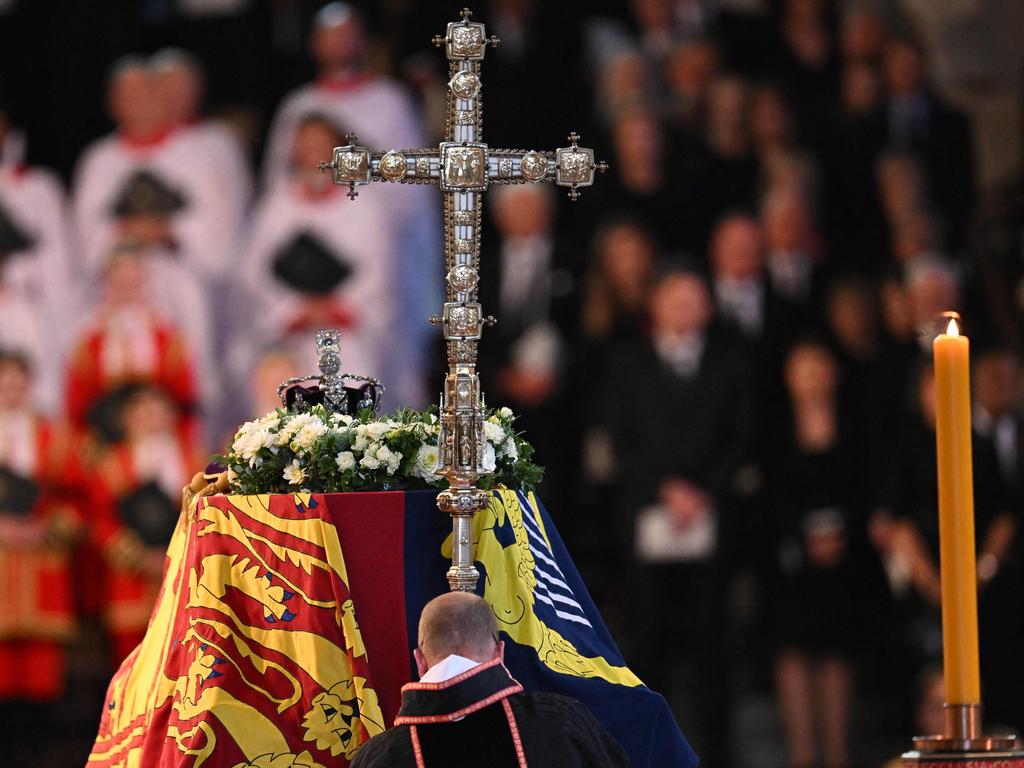
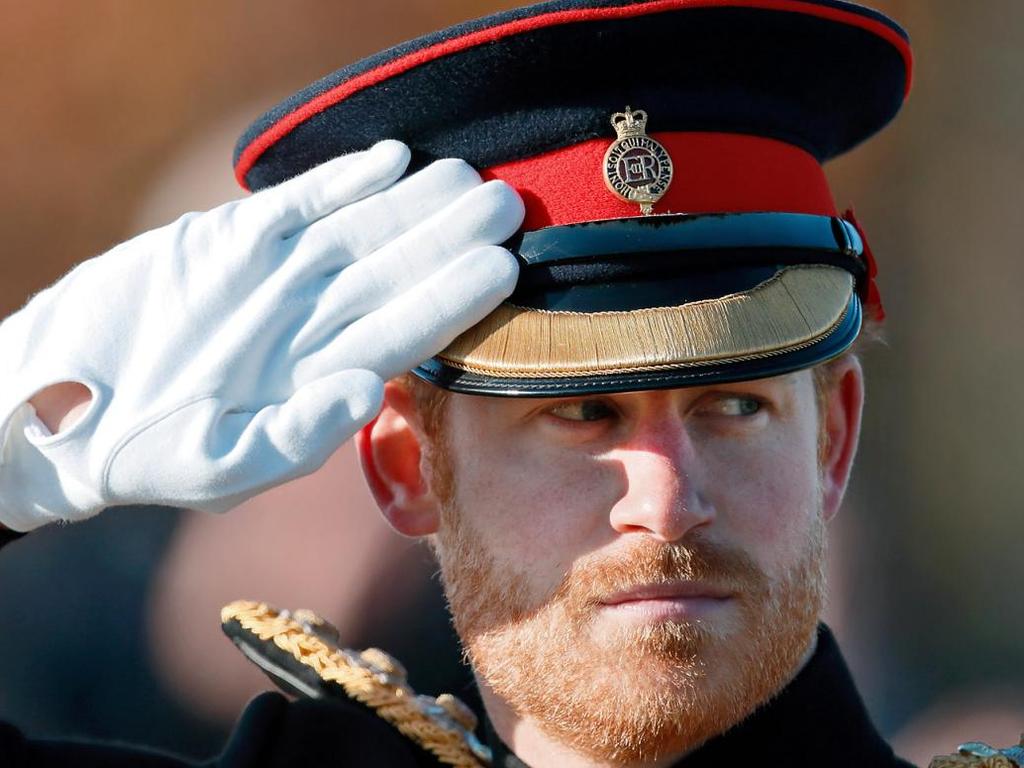
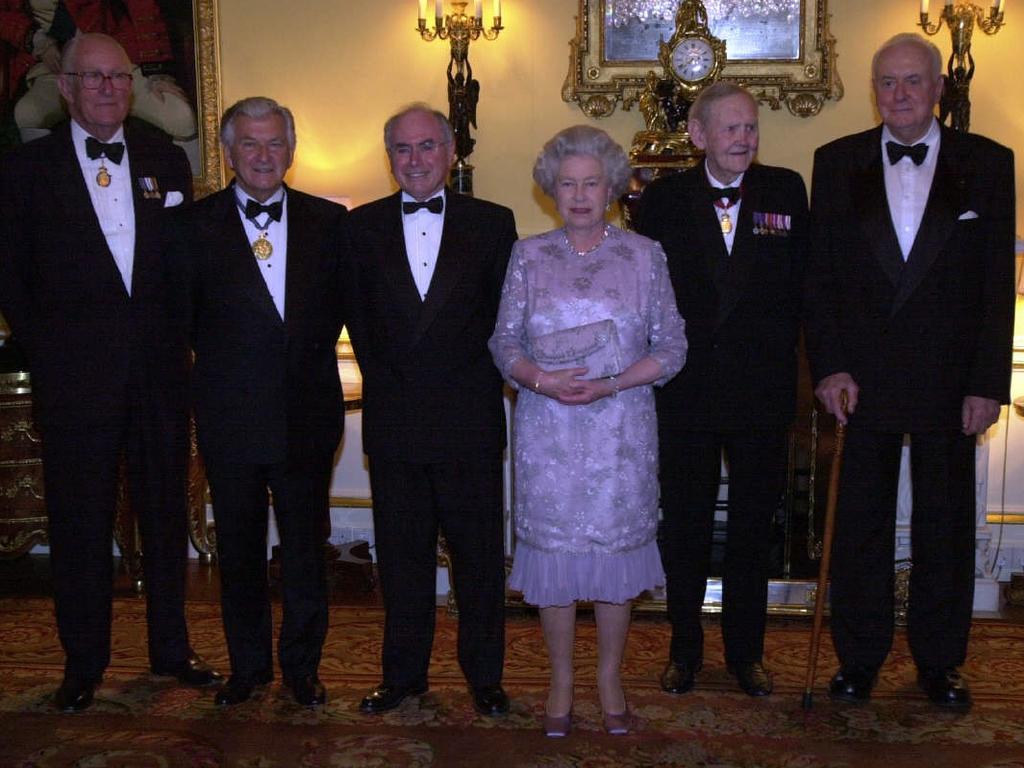


To join the conversation, please log in. Don't have an account? Register
Join the conversation, you are commenting as Logout